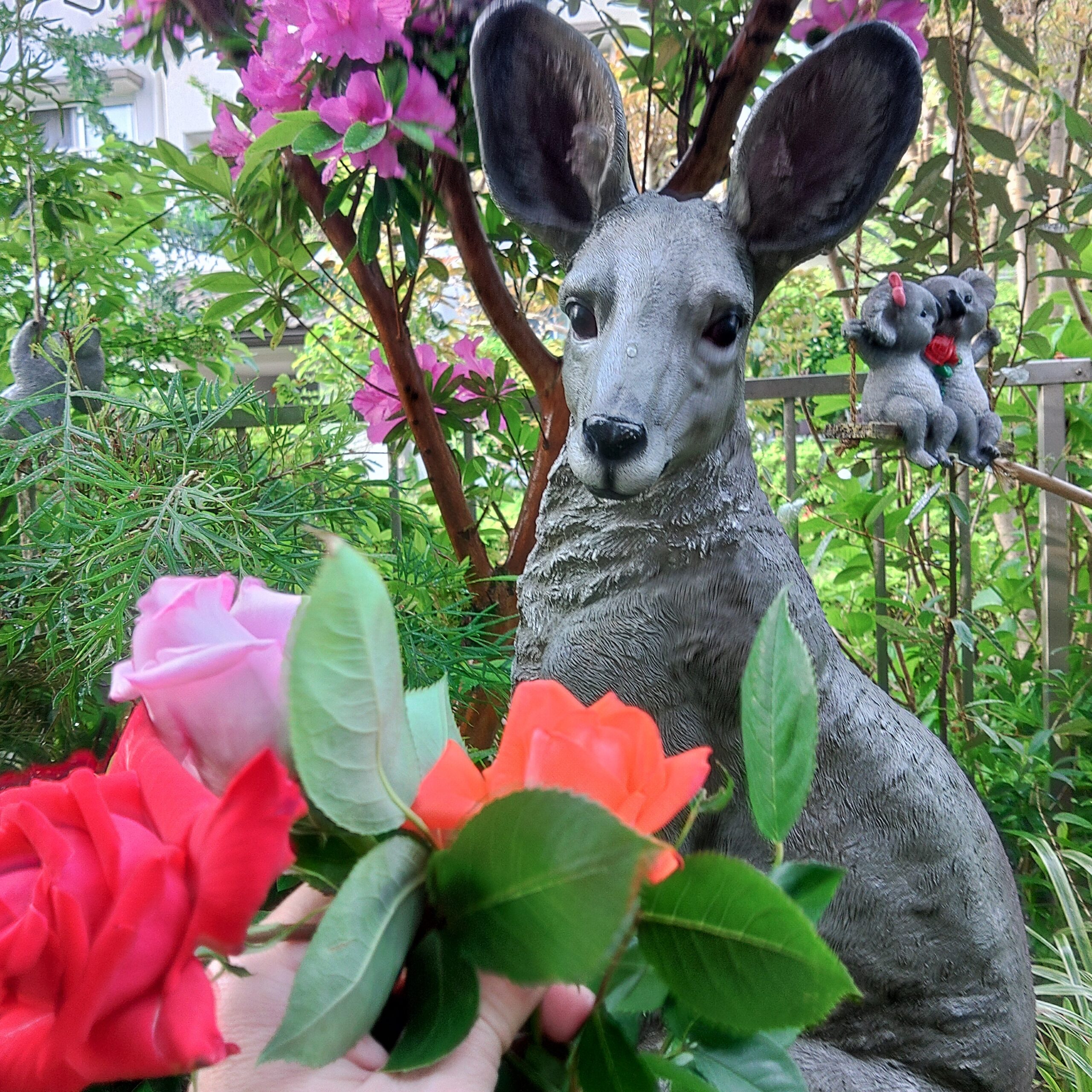hooroo Australian English A quaint way of saying goodbye. Sometimes, “toodleoo,” is used instead. Used mainly by older people, especially women. 日本語 グッドバイやバイバイのちょっと古い言い方。「さようなら」というより、「じゃね、後でね、またね」のような感覚で使う。時には、toddleooも使う場合があるが、いつ使うか決まりがないので、どちらでも使える。Hoorooは、未だによく使われているが、主に年配の方、特に女性、が中心となって使っている。 Plain English Goodbye, bye-bye. Strine Dictionary
Related Posts

The First Class First Nations Film Festival
February 3, 2024
Wistful Wisteria
April 22, 2023